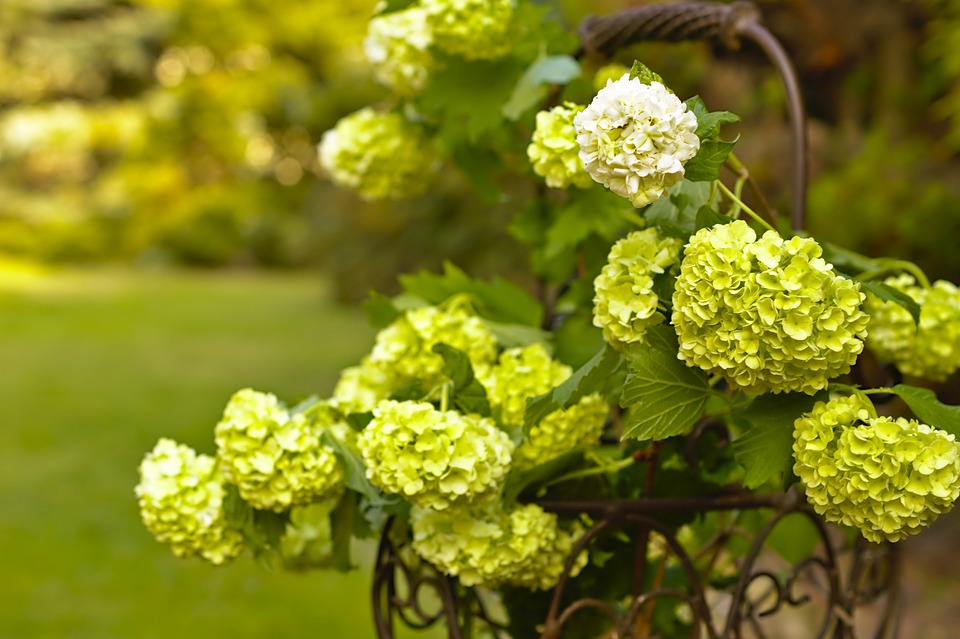Illuminate Your Outdoor Oasis: A Guide to Choosing the Perfect Garden Lights
Introduction
Having a well-lit garden is essential for creating a beautiful outdoor oasis. Garden lights not only enhance the aesthetic appeal but also provide safety and functionality. With so many options available in the market, choosing the perfect garden lights can be overwhelming. This guide aims to help you make an informed decision by providing valuable insights and tips on selecting the ideal lights for your garden.
Types of Garden Lights
There are various types of garden lights to consider, each serving a different purpose:
- Path Lights: These lights are perfect for illuminating pathways and walkways, ensuring safe navigation.
- Spotlights: Spotlights are ideal for highlighting specific features in your garden, such as trees or statues.
- Floodlights: Floodlights can provide a wide and intense light spread, perfect for large outdoor areas or security purposes.
- Solar Lights: Solar lights are environmentally friendly and cost-effective, as they harness energy from the sun.
- String Lights: String lights add a magical ambiance to your garden, creating a cozy and inviting atmosphere for outdoor gatherings.
Factors to Consider
When selecting garden lights, keep the following factors in mind:
- Functionality: Determine the purpose of the lights and how they will be used in your garden.
- Power Source: Consider whether you prefer wired lights or those powered by solar energy.
- Design: Choose lights that complement your garden’s landscaping and theme.
- Brightness: Decide on the desired brightness level based on your preferences and the intended use of the lights.
- Weather Resistance: Ensure the lights are suitable for outdoor use and can withstand various weather conditions.
Installation and Placement
Proper installation and placement of garden lights are crucial to achieving the desired effect. Some tips to consider are:
- Follow the manufacturer’s instructions for installation and safety guidelines.
- Experiment with different placements to highlight specific areas or create different lighting effects.
- Avoid placing lights too close together or creating an overly bright environment.
- Consider using timers or motion sensors for added convenience and security.
Maintenance and Care
To ensure your garden lights stay in optimal condition, follow these maintenance tips:
- Clean the lights regularly using a mild detergent and water.
- Replace any damaged bulbs promptly to maintain consistent lighting.
- Check the batteries or solar panels regularly to ensure proper functionality.
- Inspect the wiring and connections periodically, especially for wired lights.
FAQs
What are the advantages of solar-powered garden lights?
Solar-powered garden lights offer several benefits, including:
- Energy efficiency and reduced electricity costs.
- Environmentally friendly, as they harness solar energy.
- Ease of installation without the need for wiring or professional assistance.
- Flexibility to relocate easily as desired.
Can I use indoor lights for my garden?
Indoor lights are not designed or suitable for outdoor use. Garden lights should have the appropriate weather resistance to withstand rain, sun exposure, and other outdoor elements. Using indoor lights in your garden can lead to safety hazards and premature malfunction.
How do I create a well-balanced lighting scheme in my garden?
To achieve a well-balanced lighting scheme, consider a combination of different types of lights, such as path lights, spotlights, and string lights. Experiment with various placements and intensities to create depth, focal points, and an overall harmonious ambiance.
What is the lifespan of garden lights?
The lifespan of garden lights varies depending on the type and quality of the lights. High-quality LED lights can last up to 50,000 hours or more, while traditional incandescent bulbs have a shorter lifespan. Regular maintenance and care can also extend the longevity of the lights.
Are garden lights safe for children and pets?
Garden lights are generally safe for children and pets when installed and used properly. However, it’s essential to keep wires and connections out of reach and ensure that fixtures are sturdy and well-maintained to prevent accidents. Additionally, opt for low-voltage lights or those with built-in protective features for added safety.




